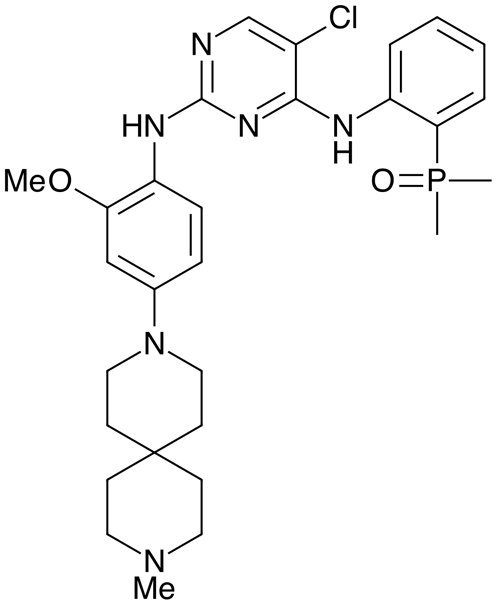However, recipients typically develop resistance to ALK inhibitors within a couple of years. Another, which has the potential to overcome resistance, is being developed by China’s Qilu Pharmaceuticals. Iruplinalkib is a next-generation ALK tyrosine kinase inhibitor that targets both wild-type and mutant ALK fusion genes.1
It also inhibits another kinase target: c-ros oncogene 1 (ROS1). The molecule is showing promise in ALK-positive non-small cell lung cancer (NSCLC), having efficacy against both the primary lung cancer and central nervous system (CNS) metastases.
In a Phase I dose escalation and expansion trial in 153 patients with advanced ALK- or ROS1-rearranged advanced NSCLC, almost all — 140 — patients had some form of treatment-related adverse event (35 were grade 3 or higher).2

Of note, 32 of 54 patients had a response in the escalation phase and 56 of 99 in the expansion phase. In a single arm Phase II trial, 146 patients with ALK-positive, crizotinib-resistant advanced NSCLC were given 180 mg oral doses of iruplinalkib once a day in a 21-day cycle, with a 7-day lead-in phase at 60 mg.3
At the data cut-off date, the median follow-up time of 18.2 months, the objective response rate was 69.9% and the disease control rate was 96.6%. The investigator-assessed median duration of response and progression-free survival (PFS) were 13.2 and 14.5 months, respectively.
The intracranial objective response rate (ORR) was 46% in patients with CNS metastases and 64% in those with measurable intracranial lesions. Although 93% of patients had treatment-related adverse events, these were largely manageable.
The company has also published an interim analysis of a randomised, open label Phase III study of the drug as a first-line treatment for locally advanced or metastatic ALK-positive NSCLC patients who had not previously been treated with an ALK inhibitor.4
The multicentre study showed that the drug gave a significant extension of progression-free survival, with enhanced intracranial antitumour activity to the control group whose subjects were given crizotinib.
In all, the trial involved 292 patients, including 81 whose disease had metastasised into the CNS. Subjects were given 180 mg of iruplinalkib once a day or 250 mg of crizotinib twice a day as a control.
Median PFS was 27.7 months for the iruplinalkib group and 14.6 months with crizotinib; median overall survival had not been reached at the time of analysis. It also showed superior efficacy according to additional secondary endpoints, including a longer duration of tumour response.
For those patients who had CNS metastases at baseline, there was an intracranial ORR of 57.9%, compared with 25.6% with crizotinib, with respective intracranial complete response rates of 31.6% and 2.6%. The frequency of severe adverse reactions was similar across both groups at 51.7% and 49.7%.
References
- Y. Yang, et al., Invest. New Drugs 41, 254 (2023).
- Y. Shi, et al., Signal Transduct. Target Ther. 7, 25 (2022).
- Y. Shi, et al., BMC Med. 21, 72 (2023).
- Y. Shi, et al., J. Thoracic Onc. (2024): doi:10.1016/j.jtho.2024.1.013.
